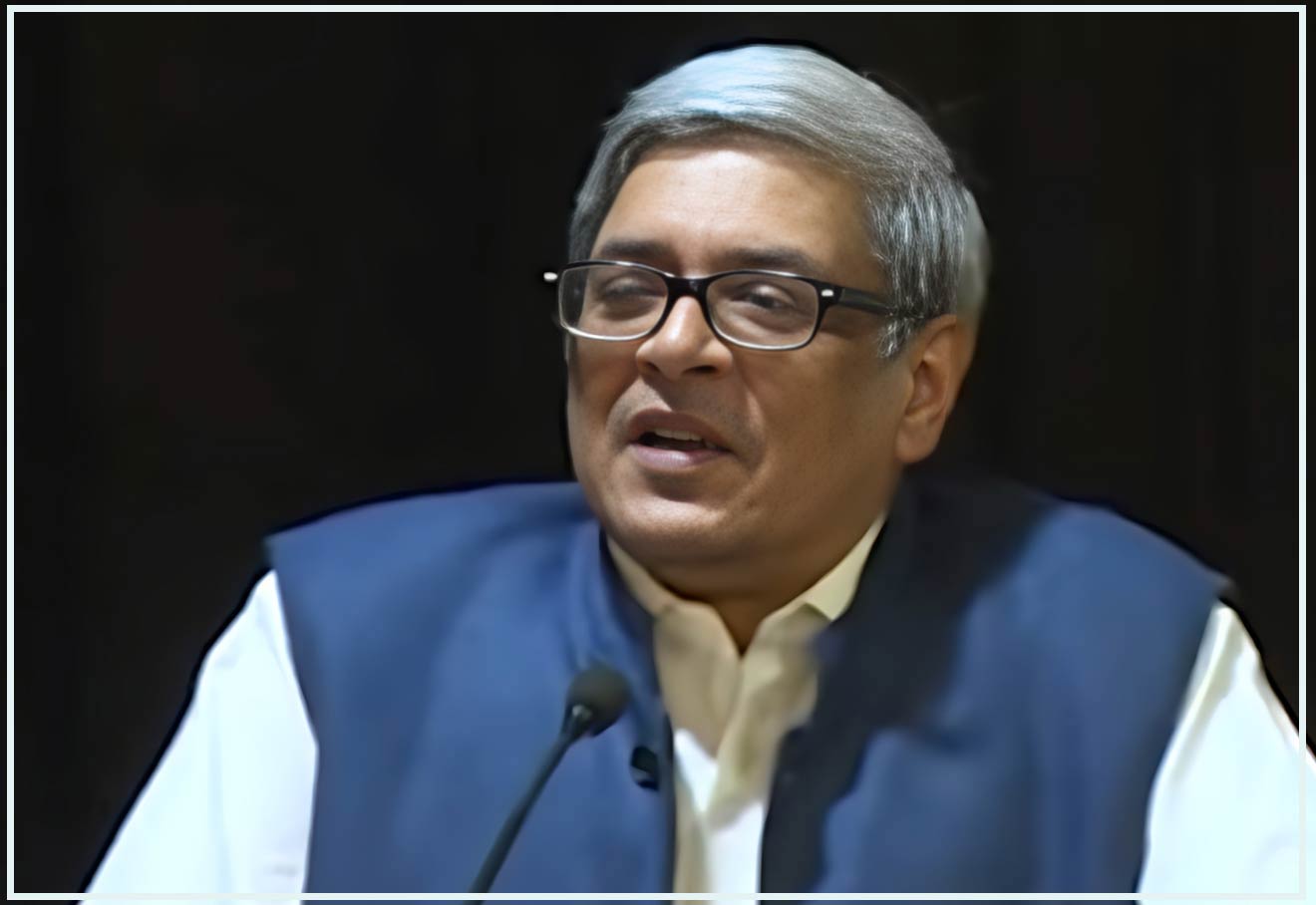China Crisis To Have Slight Impact On Indian Economy: Bibek Debroy
Updated: Sep 14, 2023 12:34:47pm

China Crisis To Have Slight Impact On Indian Economy: Bibek Debroy
Bhubaneswar, Sept 14 (KNN) China’s economy will have little impact on India as the government has various effective measures already put in place since the pre-Covid period, said Chairman of Economic Advisory Council (EAC) to Prime Minister, Bibek Debroy on Wednesday.
“India is not that exposed directly to the effects of China’s economy, particularly after Covid-19 pandemic. Though several things had started pre-Covid, India has moved away from many imports, such as pharmaceutical intermediates and IT chips,” he said.
Delivering a special lecture on ‘The Indian Economy: The Path to 2047’, he underlined that if China’s growth suffers, he said, it will affect the world economy.
“Obviously it would impact India as well though not purely in terms of growth but in terms of volatility,” he said.
It was organised by Odisha Economic Association (OEA) in collaboration with Analytical and Applied Economics department of Utkal University.
Post Covid, manufacturing is being relocated to India and the country is fast becoming part of the global supply chain. The growth in digital infrastructure has been enormous and the model is being replicated by other countries, he observed.
The noted economist said per capita income has gone up from USD 310 in 1991, when India introduced the economic reforms, to USD 2500 now.
In view of the uncertainties in the global economy, it is difficult to forecast a double digit growth. India may achieve 6.5 pc to 7.5 pc growth rate in the Amrit Kaal and with this average annual growth, its GDP will reach $20 trillion with a per capita income of around USD 10,000, he said.
The EAC chairman hoped with an annual growth rate of 7.5 pc, India’s GDP may reach $30 trillion mark and the nation will become a developed economy by 2047, marking 100 years of Independence.
He said the country needs to increase the tax-GDP ratio substantially and reduce tax evasion and avoidance. “We need to focus not only on the devolution of funds from the Union to states but also from states to local governments. Besides the reforms in land, labour and capital markets to achieve more competitiveness, states need to work a lot on labour market reforms,” he suggested.
Debroy said, formalisation of different sectors including MSMEs is a must to achieve growth in higher bands. The efficiency of the legal system also needs to be improved significantly.
Though increasing inequality continues to be a matter of serious concern, the best way to achieve inclusive growth is to make provision of the basic necessities for all, he added.
Utkal University V-C Prof Sabita Acharya, OEA president Jugal Kishore Mohapatra, Prof Mitali Chinara and OEA secretary Amarendra Das also spoke. (KNN Bureau)













